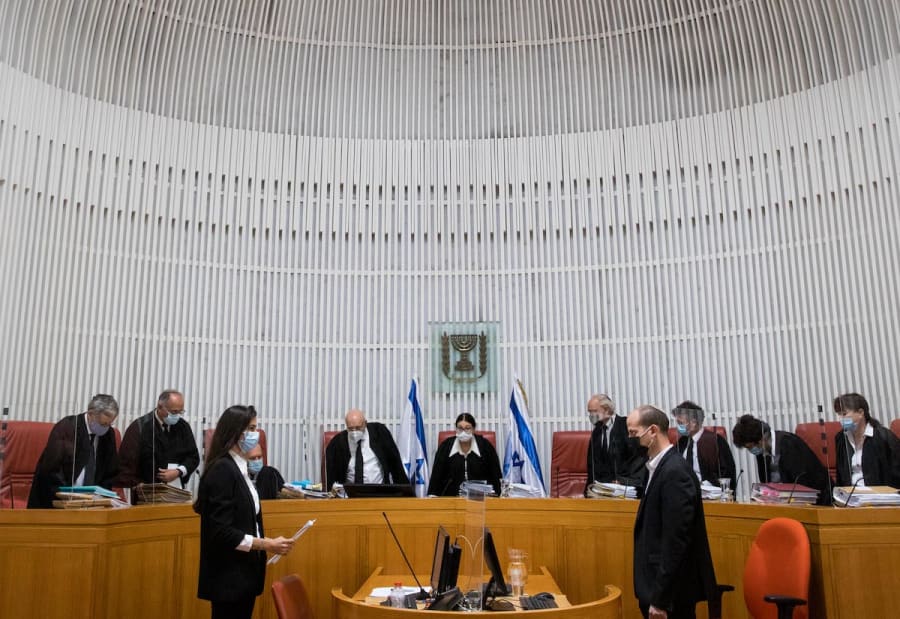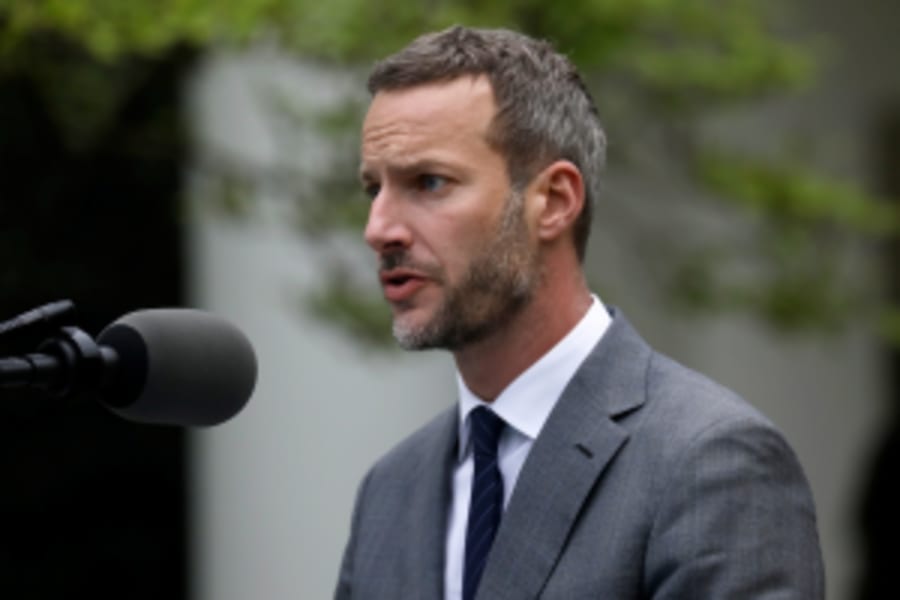Israel Supreme Court delivers historic ruling to accept non-Orthodox conversions
Decision evokes sharp reactions from both sides

Israel’s Supreme Court handed down a groundbreaking ruling this week that not only touches on Israeli citizens' rights under the Law of Return, but also the separation of power between the Knesset and the Supreme Court.
The court mandated that individuals who have converted to Judaism under a Reform or Conservative rabbi in Israel, as opposed to an Orthodox one, should be granted citizenship without needing to leave the country and apply for citizenship from abroad.
The ruling is the outcome of a petition submitted to the Supreme Court in 2005 by the Reform and Conservative movements and was preceded by a 1988-ruling that non-Orthodox conversions outside of Israel should be recognized under the Law of Return.
The decision – which evoked instant reactions from across the nation three weeks ahead of elections – also stirs deeper, sensitive issues surrounding Jewish identity and the power wielded by the Chief Rabbinate in Israel.
Rabbi Seth Farber, director of the Itim religious services organization, said the ruling respects the diversity of the Jewish community.
“It was only necessary because Israel's Chief Rabbinate has created a conversion crisis,” Farber said. “One can only hope that going forward, the Rabbinate will provide reasonable conversion alternatives to bring people closer to Jewish tradition, rather than have its hand forced by the civil courts.”
Rabbi Gilad Kariv, director of the Reform Movement in Israel, stated that the court’s decision supports Israel’s democracy and the Jewish character of the state.
“The decision doesn’t impose anything onto the Rabbinate or onto the Orthodox communities, yet it claims what should have been obvious: the State of Israel, as the state of the Jewish people, needs to respect the different religious communities within the people equally and without discrimination,” he said.
Narrow in its scope, the ruling concerns how the Ministry of Interior should interpret Israel’s Law of Return and thereby grant citizenship.
Immediate political impact
Supported by eight of nine justices, the ruling had broad judicial support. The dissenting vote belonged to Justice Noam Sohlberg, who preferred a 12-month delay from the swearing-in of a new government before its implementation.
This sentiment was echoed by several lawmakers on the Israeli right, especially among the Orthodox parties. Minister of Interior Aryeh Deri, leader of the ultra-Orthodox Shas party, told Public Broadcaster KAN, the ruling sidesteps the democratic processes and is ill-timed.
“I promise to fix the law to ensure that only conversions under Orthodox religious law will be recognized in the state of Israel,” Deri said.
Housing Minister Yaakov Litzman of the ultra-Orthodox United Torah Judaism party said he will not join a coalition with parties that recognize conversions outside of Orthodox Judaism.
Also opposing the ruling is Naftali Bennet’s Yamina party, albeit its objection is based on the relationship between the judiciary and legislative branches of government.
“The recognition of the State of Israel by conversion will be determined by the democratically elected representatives of the people, and not by jurists,” he tweeted. “Conversion procedures,” he added, should be “institutionalized in law.”
Daring the Knesset to act
Despite the activist charges leveled at the Supreme Court, the court states that the ruling addresses a vacuum of interpretation in relation to the Knesset’s 1970 Law of Return, which fails to specify the meaning of conversion and by whom it can be performed, The Jerusalem Post reported.
The court further stated that the Knesset “at any time can set a different arrangement in the law.” Still, the ruling forces the issue because each party must declare its position, something they have been loathe to do for quite some time.
What is the upshot?
The practical effects of the ruling are limited. In practical terms, the number of Reform and Conservative conversions inside Israel only amounts to some 30 to 40 individuals per year.
Furthermore, the ruling does not require Orthodox institutions to recognize non-Orthodox conversions. Instead, it is strictly limited to how state institutions must treat these conversions.
This does entail some degree of official recognition from the Conservative and Reform movements. For these communities, the ruling marks a fissure in the religious monopoly wielded by the Orthodox movement and a long-sought recognition by the State of Israel’s governmental agencies.
Ultimately, the Supreme Court’s ruling is controversial because its decision strikes at two balances of power – the balance between Orthodox and non-Orthodox Jewish movements in shaping and defining Jewish identity, as well as the balance between the Supreme Court and the Knesset.

The All Israel News Staff is a team of journalists in Israel.













